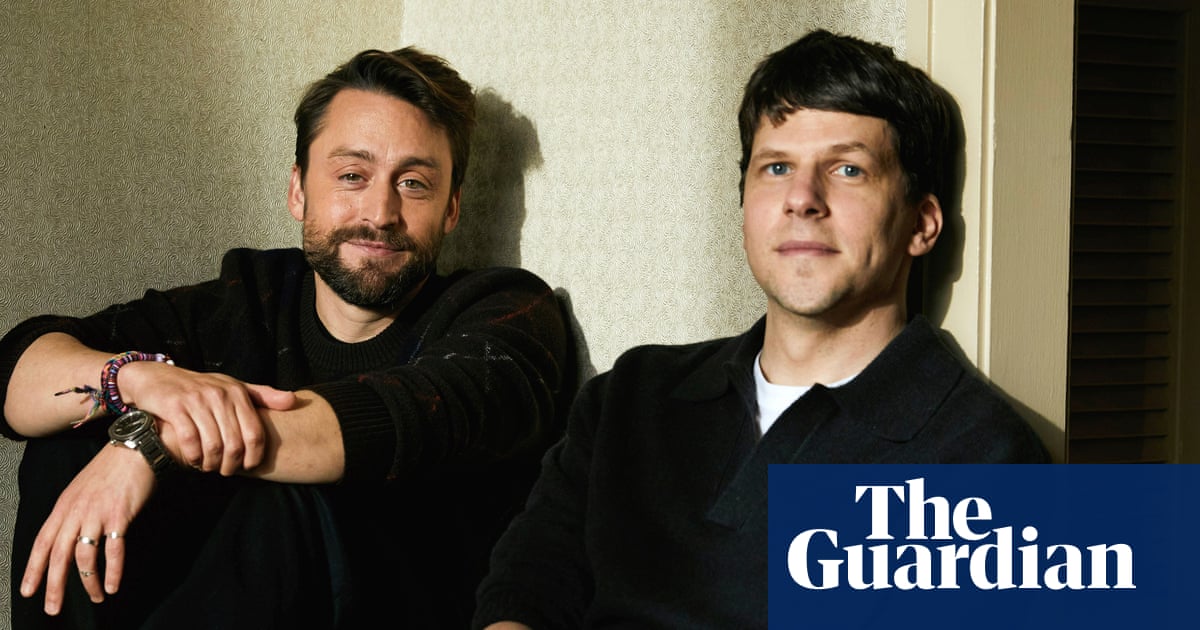Two wrongs don’t make a right, or do they? Ken Rex McElroy was “the town bully”, the things he did, or is said to have done, were bad: arson, assault, cruelty to animals, statutory rape, theft. On 10 July 1981 he was shot dead in his pickup in the presence of dozens of townsfolk. No one has ever been charged with his murder.
Subtitled “A True Crime Thriller”, this new play, set in the American midwest, is based on actual events and real people. How “true” it is to either is questionable. Co-writers Jack Holden, who performs all onstage roles, of which there are least 11, and Ed Stambollouian, who directs, say they have “changed or imagined” facts “for dramatic purposes”. The distinction between dramatic licence and misrepresentation, always fine, here feels blurred.

For instance, 12-year-old Trena, being groomed by the thirtysomething Kenrex, is misleadingly introduced as 14. Subsequently, married to him and pregnant, the youngster is presented, in Holden’s personification, as if actively collaborating in her situation. Then there is the tape-recorded voice of “a federal agent”, asserting that: “The American people cannot be allowed to believe that the law is imperfect… It is my job to balance those scales [of justice]. This case has to close.” This suggestion that some sort of deep-state cover up is going on comes across as fantastical.
Presentationally, the first half of the production is thrilling. Film noir and western tropes are wittily interlaced to bring the small town to life. An Americana-style musical soundscape (played stage-side by its composer, John Patrick Elliott) gives added texture, space and dynamic to Holden’s impressive, lightning-flash characterisations of the townsfolk. The second half, though, lacks clarity of purpose. Now, the limitations of stage imitations of film’s editing practices are exposed. Constrained by form, the action plods towards a conclusion that feels forced rather than dramatically justified.

.png) 2 months ago
11
2 months ago
11













































